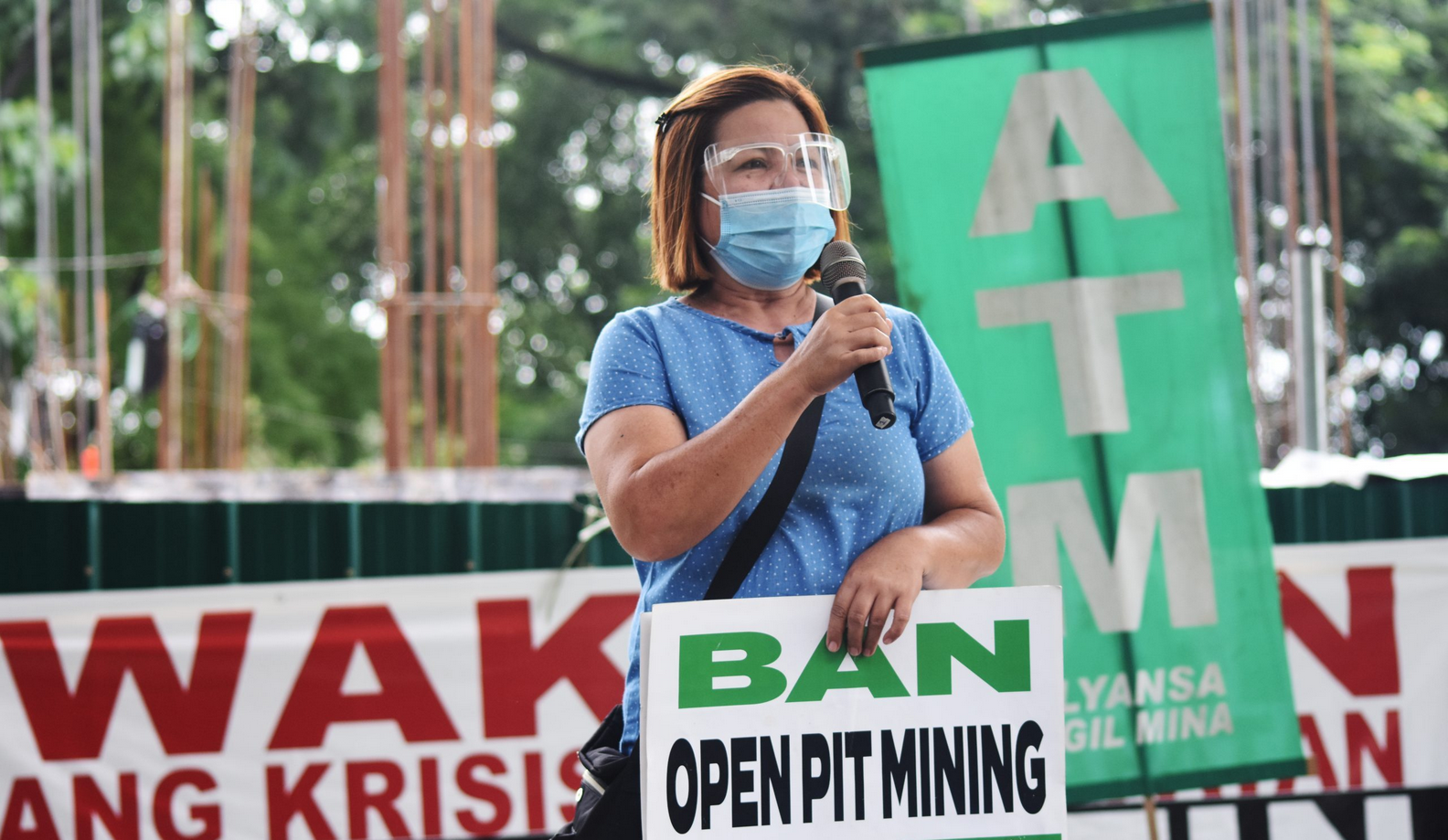
Emergency funding as a lifeline for environmental defenders
Effective forest conservation requires a safe operational space for (women) environmental defenders and civil society organisations (CSOs). However, partners and communities in IUCN NL’s Forests for a Just Future programme face substantial challenges in their civic freedoms, as was revealed by a 2023 survey. In order to address urgent cases of repression, intimidation or safety and security concerns, IUCN NL has set money aside for a so-called emergency fund. Over the past four years, we have provided emergency funds to 33 organisations and individuals for legal support and safety and security measures to environmental defenders and for urgent natural disaster relief.
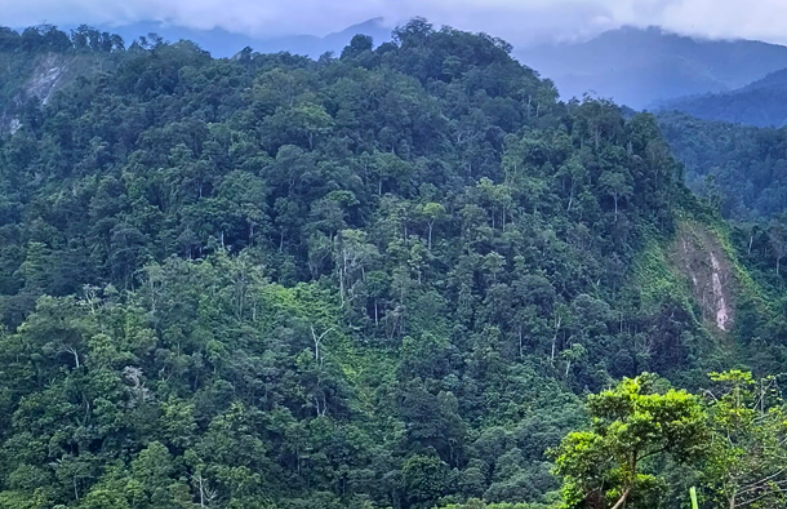
Sustainable rattan harvesting: these farmers show that it is possible
The global demand for rattan is causing major damage to the forests of Indonesia, where rattan grows exclusively in the wild. This unsustainable exploitation is causing the rattan to disappear in some areas, putting even more pressure on the underpaid farmers. In Central Sulawesi, farmers are demonstrating that rattan harvesting can be done differently.

Omnibus undermines the essence of CSDDD
IUCN NL joins over 360 organisations in calling on the European Parliament and EU Council to block the Omnibus proposal.
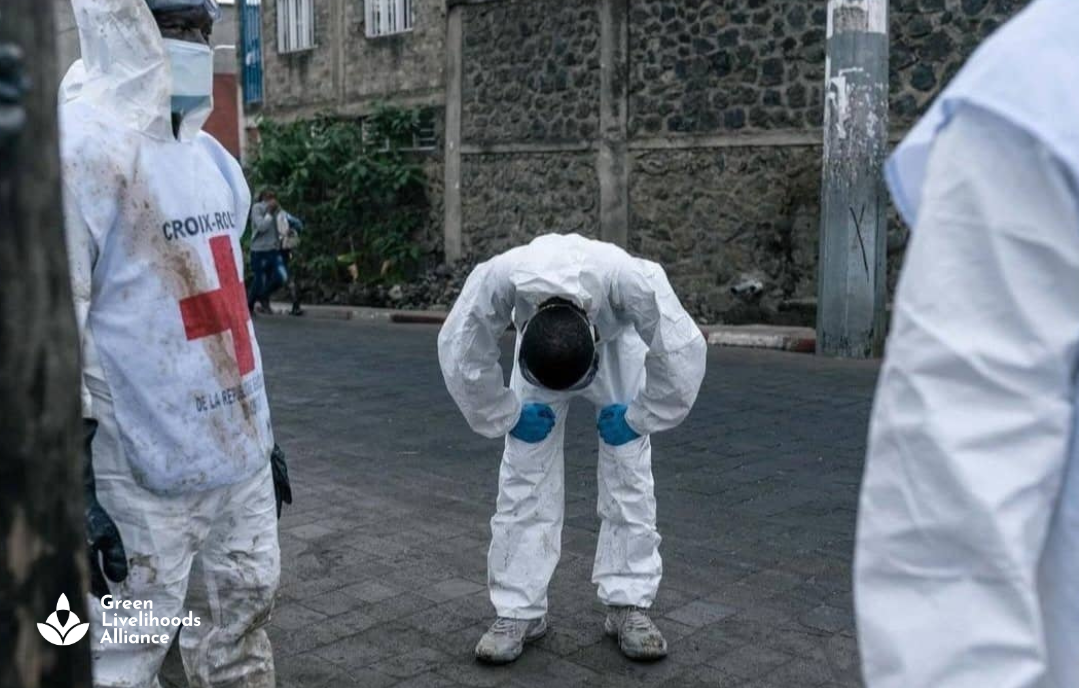
The Green Livelihoods Alliance stands in solidarity with the Democratic Republic of Congo
The escalation of violence since January 2025 in the eastern Democratic Republic of Congo (DRC) is displacing hundreds of thousands of civilians, with many concerns for civil society at large and women and children in particular, as they face disproportionate risk from hunger, and sexual and gender-based violence. Working in the DRC with 13 civil society partner organisations, the majority of which are based in the eastern provinces of North and South Kivu, the GLA stands in solidarity with the Congolese people and calls for the urgent implementation of all measures to end the violence.
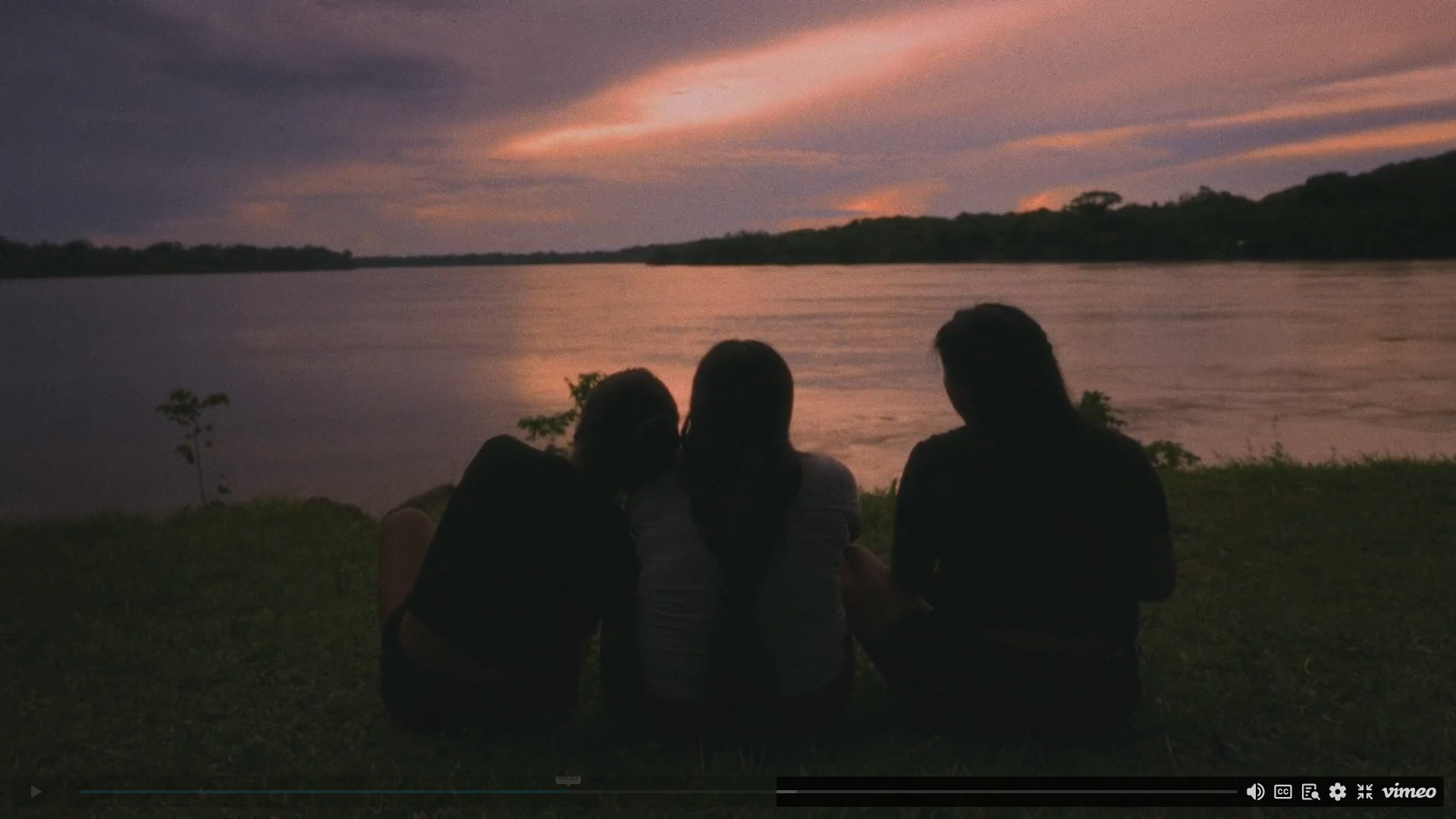
International Women’s Day 2025: Women protecting forests and communities
In the week of International Women’s Day, we reaffirm our commitment to gender justice and women’s rights under the Forests for a Just Future programme, implemented by the Green Livelihoods Alliance (GLA). At a time when commitments to diversity, equity and inclusion are being rolled back in many places, we must continue to show why they matter. This year’s theme “For ALL women and girls: Rights. Equality. Empowerment.” reminds us that progress is not guaranteed. It must be fought for.
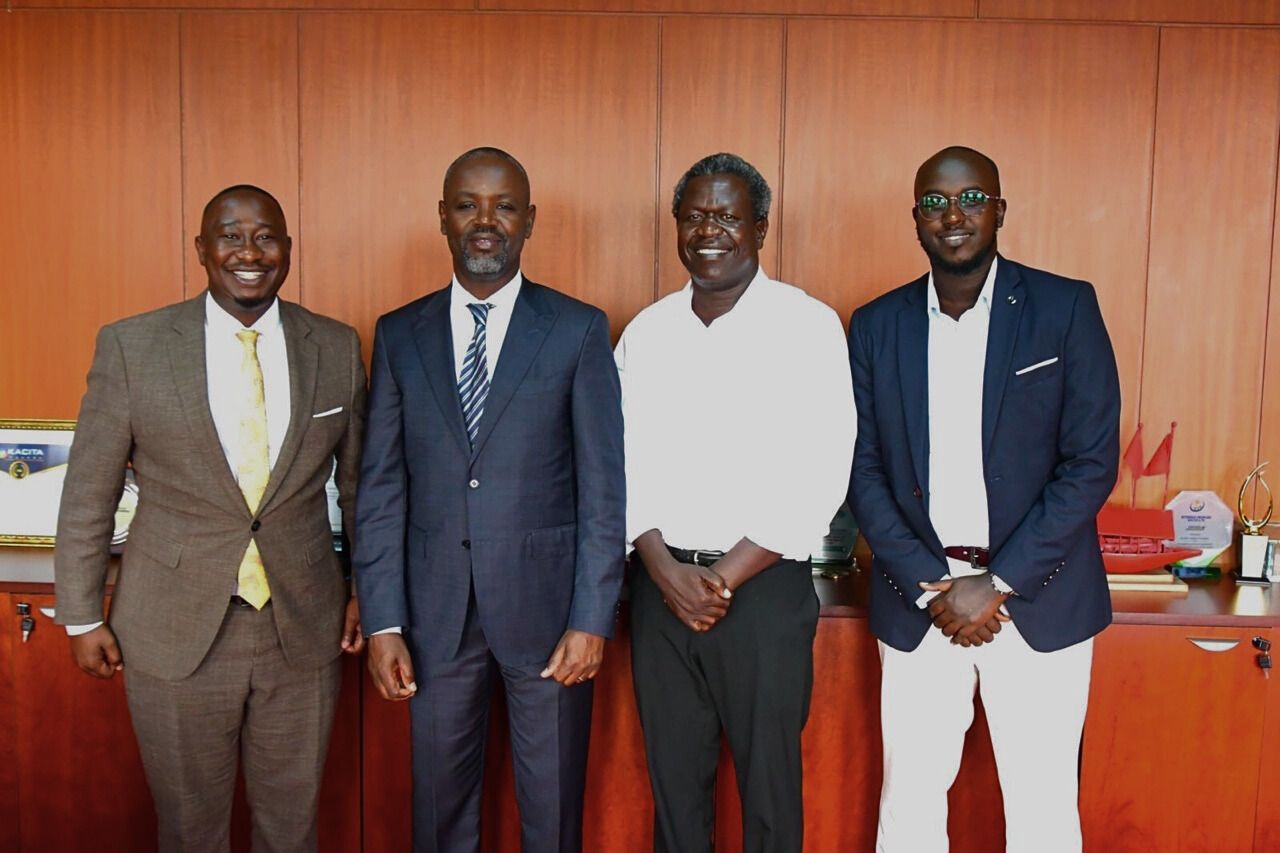
Ugandan parliament addresses threats to Zoka Forest
Last August, the call from our Ugandan partner organisation Friends of Zoka to protect Zoka Central Forest Reserve was recognized by the Ugandan parliament. After viewing a broadcast of Friends of Zoka’s documentary on Zoka Forest, the Deputy Speaker of the Parliament took an interest in the issue. This lead to a fruitful meeting last month, with outcomes that could finally lead to accountability for the continued exploitation of the forest.
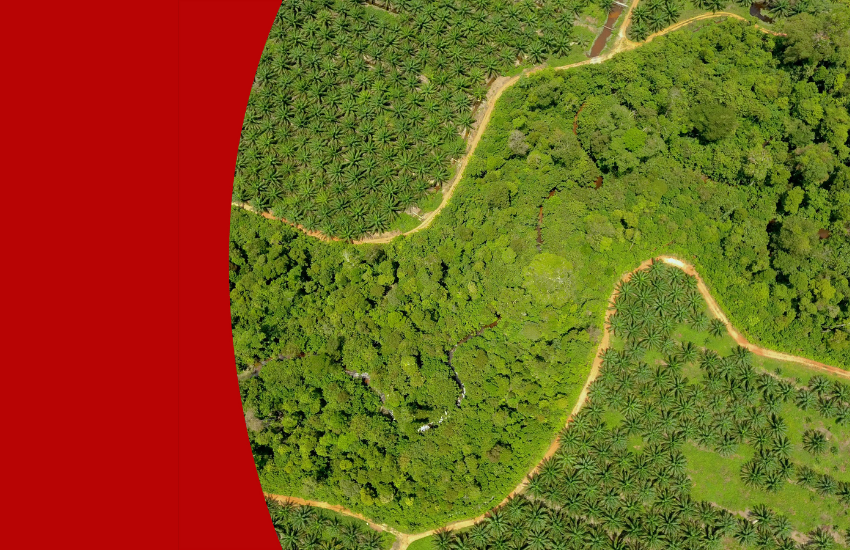
Visual guide to boosting biodiversity in palm oil landscapes
More biodiversity in oil palm landscapes: that is the vision of IUCN NL’s new report Boosting biodiversity: a visual guide to promote biodiversity values in oil palm landscapes.
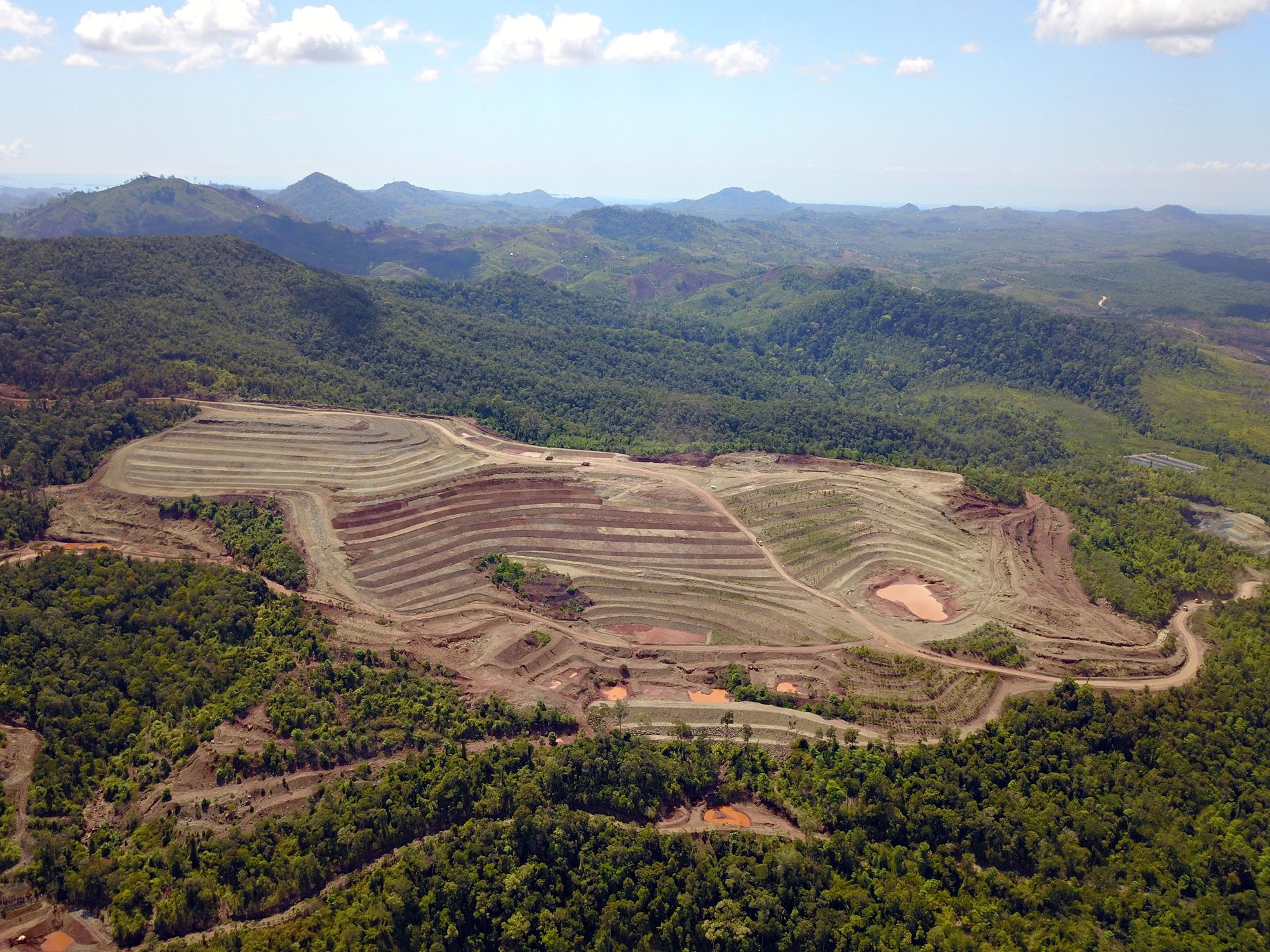
Palawan: a natural treasure in peril as the world scrambles for critical minerals
The lush, green island of Palawan is home to one of the Philippines’ most biodiverse old-growth forests, harbouring unique species like the IUCN Red-listed Palawan pangolin. Indigenous communities, farmers and fishers too depend on the islands’ natural wealth. But as global demand for nickel surges to fuel the ‘clean’ energy transition, human rights and vital ecosystems are increasingly under pressure from mining activities. Grizelda Mayo Anda from our Philippine partner ELAC sheds her light on mining of energy transition minerals transition in Palawan: ‘I surely think the energy transition must be pursued. But the word ‘just’ is very, very important.’
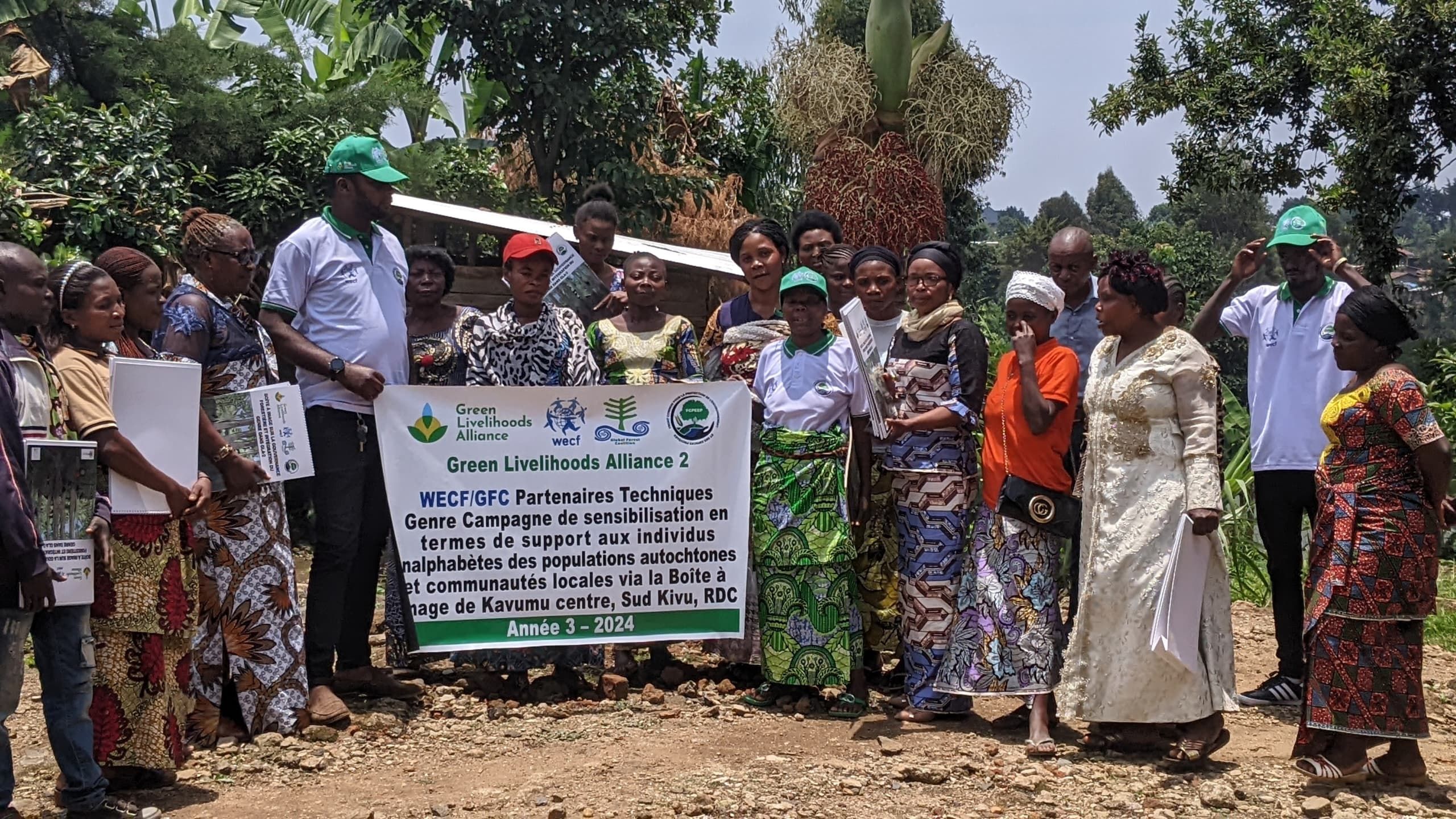
Infographic booklets overcome illiteracy barriers, enabling Indigenous peoples in the DRC to engage in forest governance
Despite many advancements in literacy rates, still today, approximately 1 in 5 people are completely illiterate, and of those who are literate, around 3 billion people are limited to basic level reading and writing. The global economy, however, is increasingly becoming a knowledge-based economy, wherein literacy is essential. Illiterate persons are consequently faced with discriminatory challenges which negatively affect their health, economic and social well-being, and their ability to engage in political spheres, leaving them vulnerable to exploitation.
